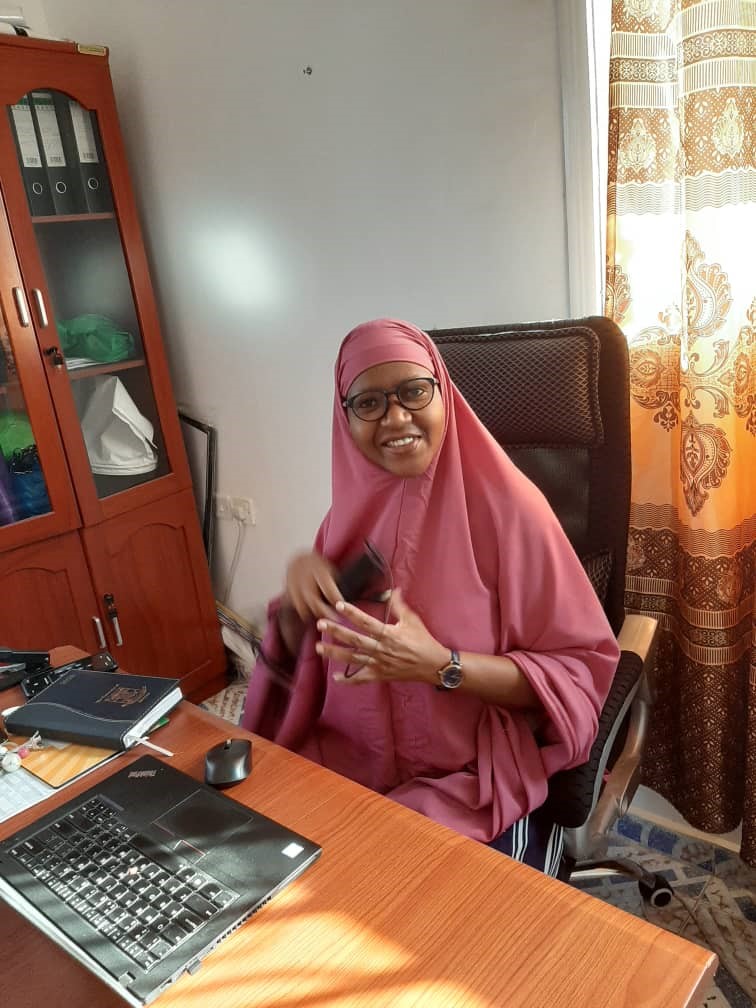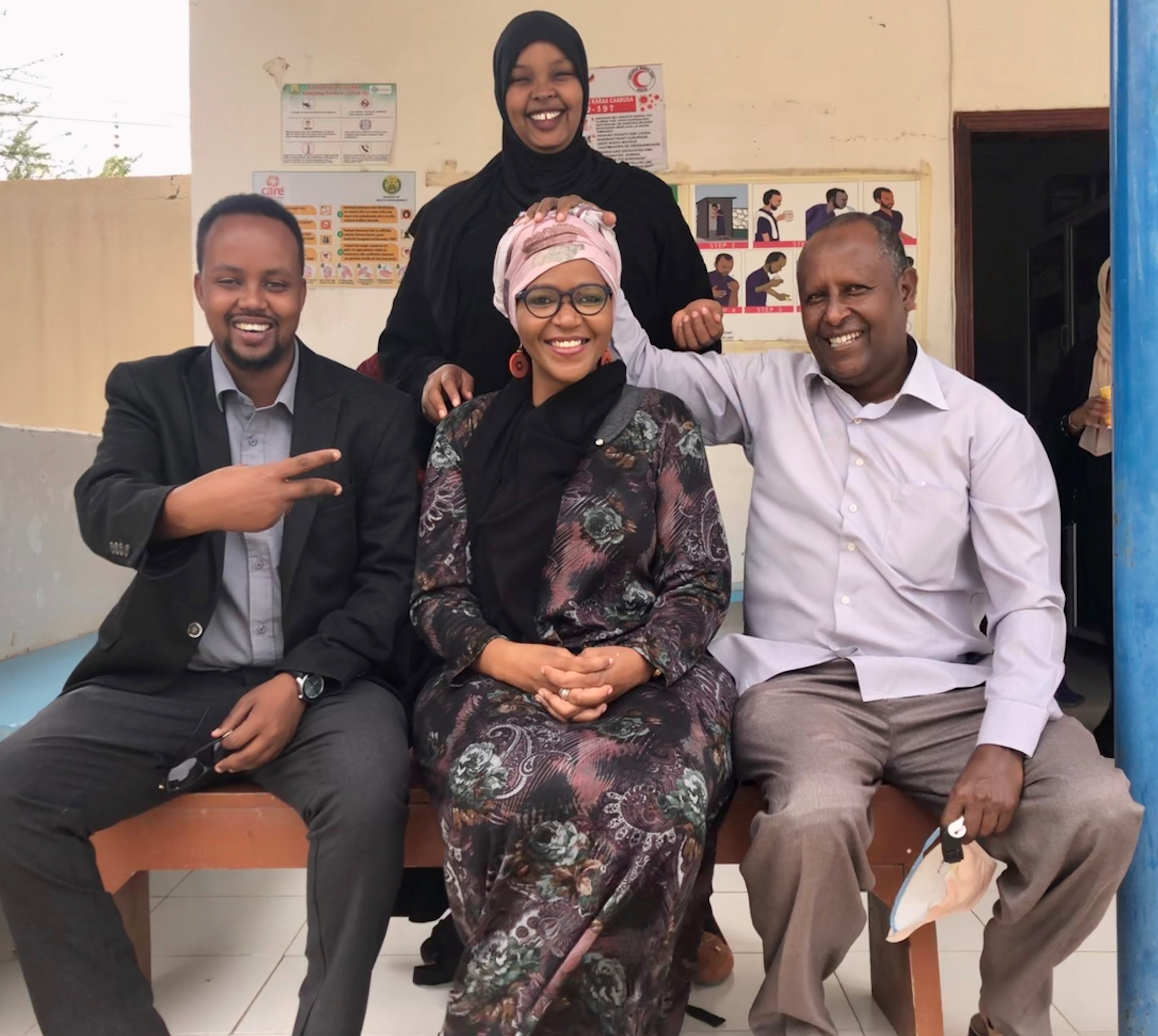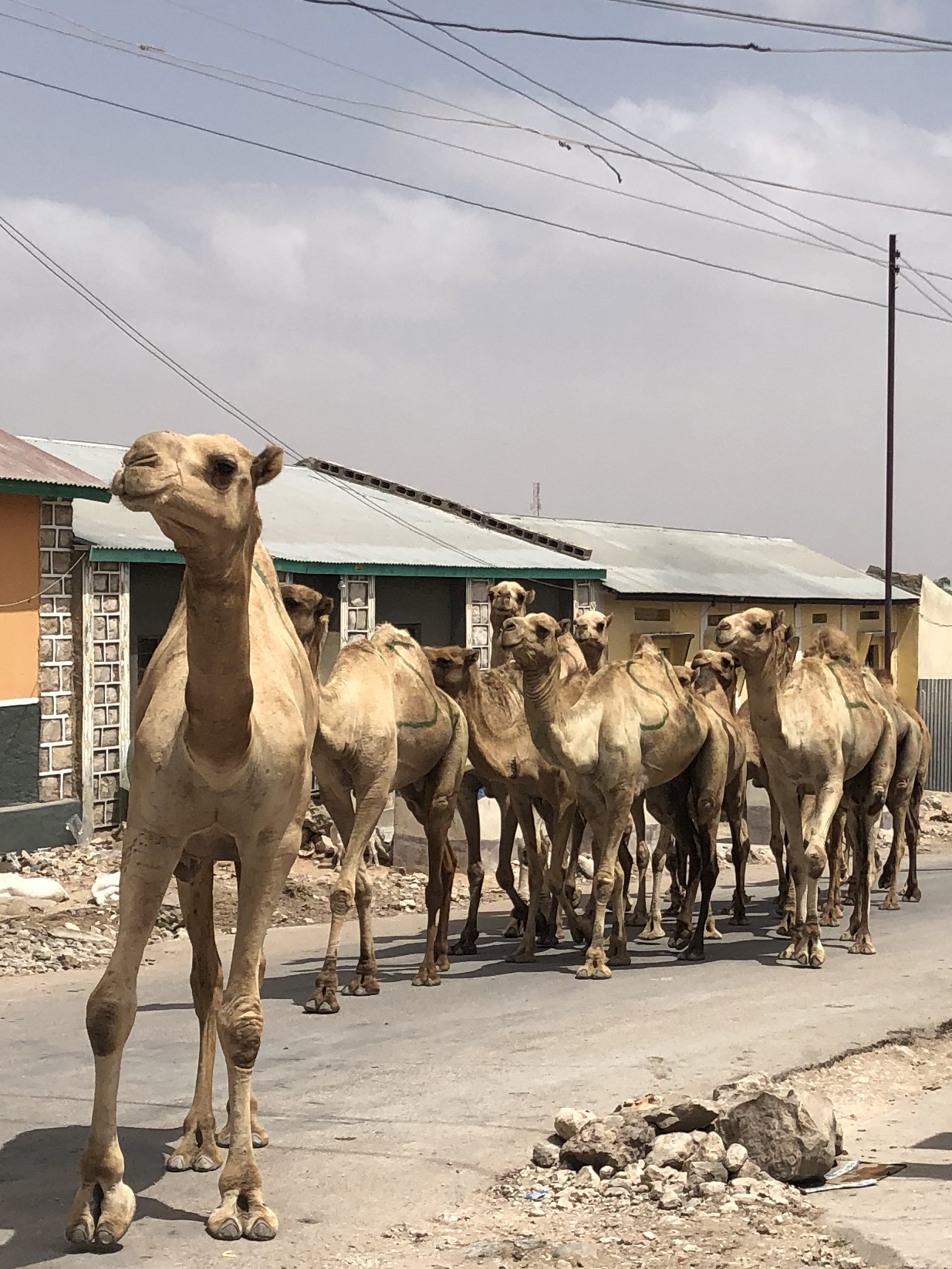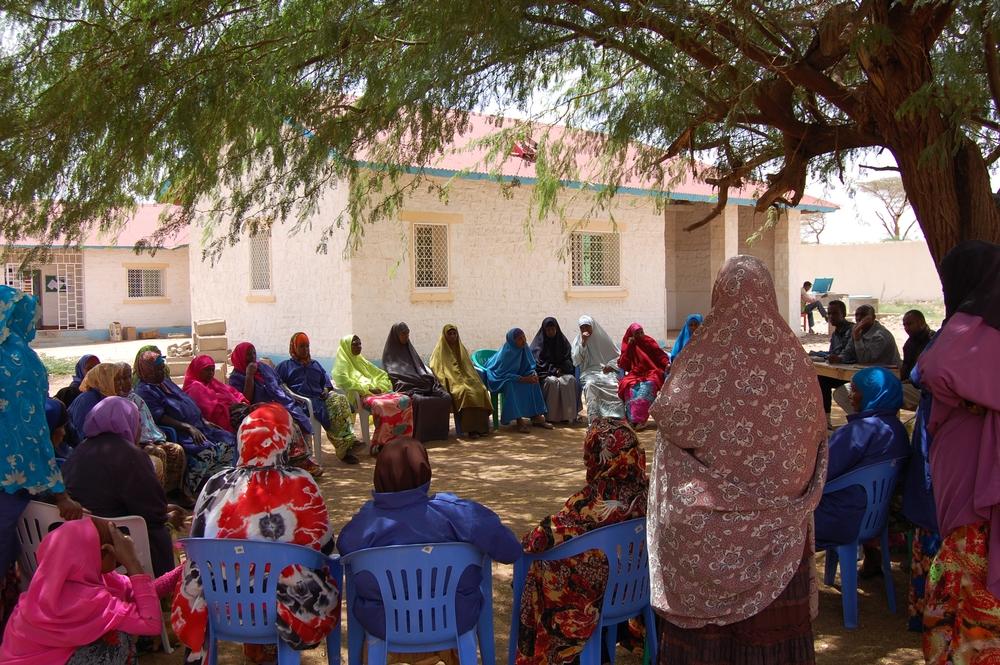Lungile Dlamini, MSF patient support activity manager, thoroughly embraced her time working in Somaliland earlier this year despite her assignment being cut short due to the COVID-19 pandemic*.
Hailing from eSwatini, Lungile was excited to take up a position focusing on patient education and counselling for tuberculosis (TB)/drug-resistant TB (DR-TB) /HIV and non-communicable diseases, like diabetes. The role was a first of its kind in MSF’s DR-TB project in Hargeisa. Lungile was mainly responsible for assessing patient education and counselling needs and defining a strategy that took into account patients’ medical requirements and contexts, in collaboration with the medical team.
“In the month before COVID-19 struck I was able to meet up with the main TB stakeholders in Hargeisa and the National TB Programme staff. I was also able to conduct field visits to the regional clinics MSF is supporting in Borama, Berbera and Burco. I introduced the concept of patient education and counselling, and how best it can be integrated to enhance the services for TB patients,” Lungile says.

She explains that patient education and counselling is an important therapeutic intervention for TB patients because it provides them with the necessary education and skills to manage their illness. It also ensures that patients are able to prevent any further complications while improving their quality of life. “If patients are empowered through education, they take charge and act more responsibly, thus enhancing TB treatment outcomes.”
“I felt like this was my opportunity to apply the skills that I possess in relation to patient support and psychosocial support,” says Lungile. “Unfortunately, because of COVID-19, we had to slow down activities and we saw fewer patients daily. Trainings were cancelled, field visits were stopped and meetings with stakeholders put on hold. Patients were discharged from the wards, and treatment was going to be self-administered at home. We had to come up with a contingency plan to accommodate this and make it more feasible for us and the patients.”
* Due to these constraints Lungile’s time working in Hargeisa was cut short but she is planning to return to Somaliland to complete her assignment later this year.
On a personal level, there were some cultural differences that Lungile had to get used to, like wearing a headscarf in public and working from Sunday to Thursday instead of the Monday to Friday she’s used to. “This was challenging at first, however, I quickly adapted. No church, no free Sunday… it felt weird at first.”
Another adjustment was “seeing camels roam around like cows do back home,” says Lungile. “I took a video every time I came across a herd of camels and I would send them to my 4-year-old daughter. She was always happy to see them but worried that they would bite me!

On a personal level, there were some cultural differences that Lungile had to get used to, like wearing a headscarf in public and working from Sunday to Thursday instead of the Monday to Friday she’s used to. “This was challenging at first, however, I quickly adapted. No church, no free Sunday… it felt weird at first.”
Another adjustment was “seeing camels roam around like cows do back home,” says Lungile. “I took a video every time I came across a herd of camels and I would send them to my 4-year-old daughter. She was always happy to see them but worried that they would bite me!
“The Somali people had a great impact on me and this has changed my view on people. Embracing people and understanding their culture and accepting these cultural differences, extreme as they might seem, builds beautiful relationships with the team. It produces great results when it comes to work.”
So, what lessons has Lungile taken home with her from her experience? “I’ve learned to adapt to change more easily, accepting what is and being able to move forward without questioning anything too much.”

